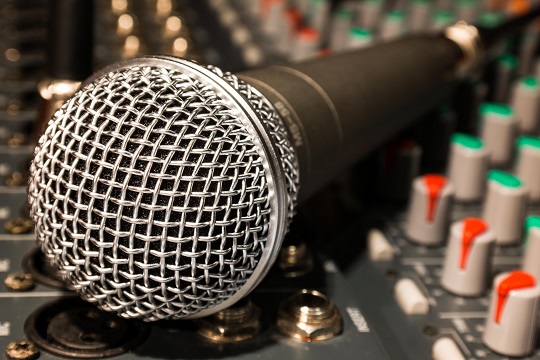{All posts under the New Media Class category are for a History and Theory of New Media class I am taking during the 2019 Spring Semester at SUNY Empire. Please be aware that all comments must be approved before they are posted}
For this post we are going to starting the task of the slow assembling of our final paper for the History and Theory of New Media class. The topics given for this paper are broad. Granted that the final paper is to be 10-12 pages in Arial 10 font, we have plenty of room to meander and be general, but I think we can benefit from narrowing it down a bit.
I am looking to talk about Hip Hop culture as a syncretic, organic, post-modern phenomenon that has uniquely 20th century American urban roots but has, through its relationship to media and technology, transformed itself into a still evolving world-wide cultural force.
I had a long debate with myself about whether this fit into the “media and society” category or “media ecology”. It seemed cheap to use “media and society” and rather inauthentic. We are not talking about general society here but a culture that risen almost despite its people’s forced disassociation from society.
I decided on “media ecology” due to a phrase I found about media being a “traffic” between nature and culture (Durham). While McLuhan’s and Postman’s original ideas of media ecology seem a bit dated and naïve, Hip Hop grew up within the cracks of infrastructure and has created a communication between previously disparate parts of society. I am confident that I can tie this in using the ideas of media ecology.
Why Hip Hop? What are my credentials? I have been a huge Hip Hop fan for decades and a good 85% of my media consumption is Hip Hop related. This includes my spiritual explorations. I make no pretense to be an expert or even a representative of the culture. I am a student and a fan, whose life has been illuminated and made better by Hip Hop. Most importantly, I have nothing but respect for my subject.
Reference
Durham Peters, J. (2015). Infrastructuralism: Media as Traffic between Nature and Culture. At the Interface / Probing the Boundaries, 88, 31–49. https://doi-org.library.esc.edu/10.1163/9789004298774pass:[_]003
